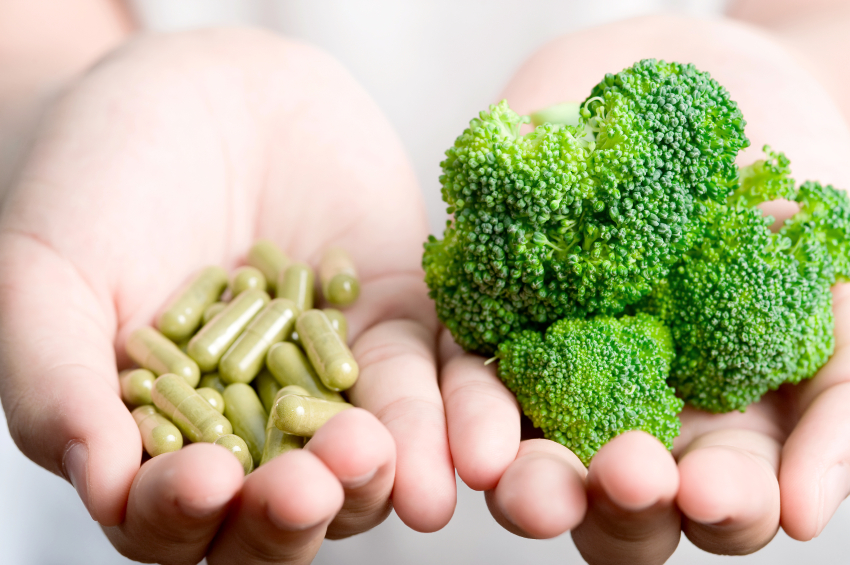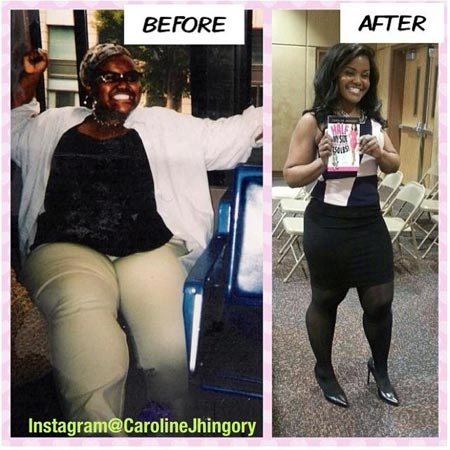Adult Nutrient needs – do they Really need Vitamins for Good Health?
At least 50% of older adults in their 60’s stake daily vitamins and minerals under the form of supplementation. According to several studies, not all of them need vitamin supplements and many should opt for a complete diet change to get back on their feet. Supplements can’t cure the aging process, and in some cases they can do more harm than good.

Nevertheless, older seniors with various deficiencies, health problems and eating disorders are compelled to turn to supplementation. The nutritional needs of an older adult defers from individual to individual. We can’t oversimplify since there are healthy seniors who can take their daily vitamin requirements from food, and seniors who just can’t and must take supplements to compensate vitamin and mineral insufficiencies.
Adequate nutrition is tough to maintain after the age of 60
As people age, getting adequate nutrition becomes a challenge. With age, it becomes increasingly more difficult for the body to absorb calories, and each and every calorie consumed has to be packed with nutrients. After a certain age, our bodies can’t absorb enough nutrients anymore. Apart from a blunting appetite, several foods become tough to digest and chew. Here are several key vitamins older people need in order to stay healthy.
Vitamin B 12
Vitamin B12 is important for creating DNA and red blood cells, as well as for preserving a healthy nerve function. Older people can’t absorb enough vitamin B12 from food, which means supplementation may be recommended by a physician. If however, you’d like to include more foods rich in vitamin B12 into your diet, make sure to add: fish, milk, eggs, and poultry.
Calcium
Calcium is an extremely important nutrient for the body. It builds and maintains strong bones, which means increased quantities are needed in older adults. As we age, we have a tendency to consume less calcium, and this automatically leads to brittle, weak bones. Have at least 3 low-fat milk servings daily, or consume dairy products; excellent non-dairy sources are broccoli and kale, as well as fortified juices. In special circumstances, a physician may prescribe calcium supplements.
Vitamin D
Vitamin D is essential in older adults because it helps the body soak in calcium, thus maintaining proper bone density and preventing osteoporosis. Recent studies highlight that vitamin D may protect against all sorts of chronic diseases, including diabetes, cancer, multiple sclerosis, rheumatoid arthritis and autoimmune diseases. There are many foods you can include in your diet that are rich in vitamin D. Some of the most common are: milk, cereal, yogurt, eggs, salmon, and tuna among numerous others. Supplements may be advised because, as we age the skin become less competent at producing vitamin D from natural sunlight.
Magnesium
Magnesium is extremely important because it plays an important role in over 300 physiological processes. Including sufficient quantities into your body keeps your immune system is excellent shape. Whole food, particularly vegetables, have good quantities of magnesium however the amount gets lost during processing; as people age, the absorption of magnesium diminishes which means that supplementation may be required.
Fiber
Older adults should include fiber into their daily diet because it’s important for them to have a healthy digestion. Beans, whole grains, vegetables and fruits are ideal sources; sadly, if you don’t include enough fiber into your system, you risk developing all sort of heart diseases. You may also choose to consult with a physician and take fiber supplements, although food is a lot more appropriate.
Though healthy adults who adhere to a balanced diet don’t necessarily need dietary supplements, there are certain aspects of the aging process that increase their susceptibility to deficiencies in essential vitamins and minerals. This is generally because older adults spend a lot of time indoors, they eat alone and they often experience loss of appetite. Dietary supplements can help, however they must not substitute food. Since older adults have more sensitive bodies, their chances of getting sick are higher. In this case vitamins can help fill in the gaps. Moreover supplements like vegetarian omega 3 can also help for the purpose.
Before starting to include vitamins into your diet, consult with a physician and get your blood work done. Thus, you’ll know exactly if you suffer from any type of deficiency and if it’s necessary to change your diet habits and include vitamins into your regimen.
-
How to Get Rid of Belly Fat and Lose Your Big Tummy with 3 Unveiled Secret Tips
If you have a weighty potgut and are reg
-
Effective Strategies for Losing Weight Quickly
With so many diets that show you the secrets of losing weight fast, wh
-
Tips for Beating Cellulite - Critical Things You Need to Know
Cellulite is something that women just l
-
Health - Adding Raw Foods to Your Diet
As we all know uncooked (raw) foods are good for our bodies, this i
-
Red wine loosely linked to weight loss in mice
Some people believe that red wine has some special properties wh
-
Air Pollution Is An Ongoing Problem
As time goes on, measures that used to work to reduce air pollution a
- DON'T MISS
- How to Lose Weight as a Runner
- Pure Fat Burners - One Of The Best Ways To Reduce Weight
- 8 Tips to Improve Mindful Eating to Help You Lose Weight Fast
- Before and After Weight Loss: Once Lumpy, Now Lean
- Learn The Best Food Groups & Practical Exercises For Fat Loss
- Buying life insurance: A Shopping Checklist
- Give It All You've Got
- Promoting Self-Weighing In Teens Is Not Helpful To Weight Management
- Best Way To Lose Weight - Effective Weight Loss Tips
- How Green Tea Can Help You To Lose Weight




